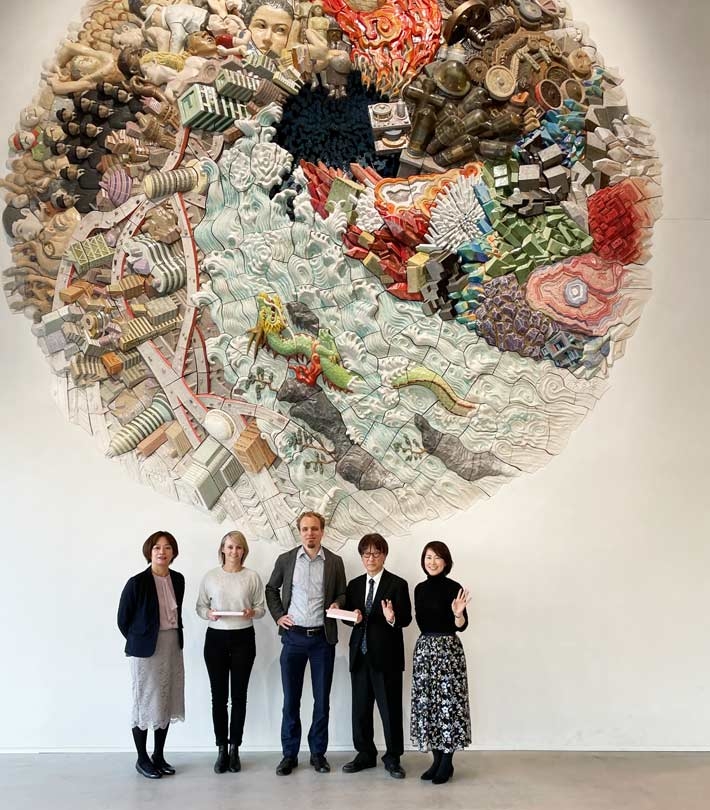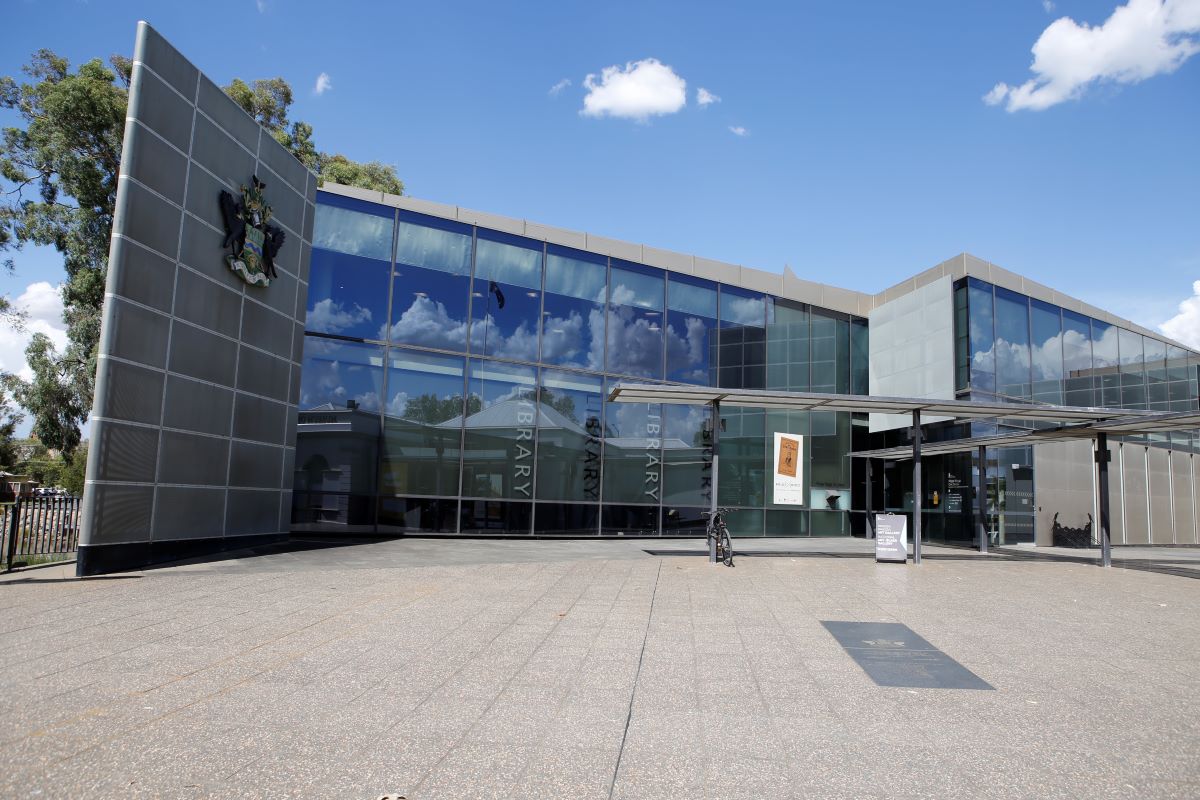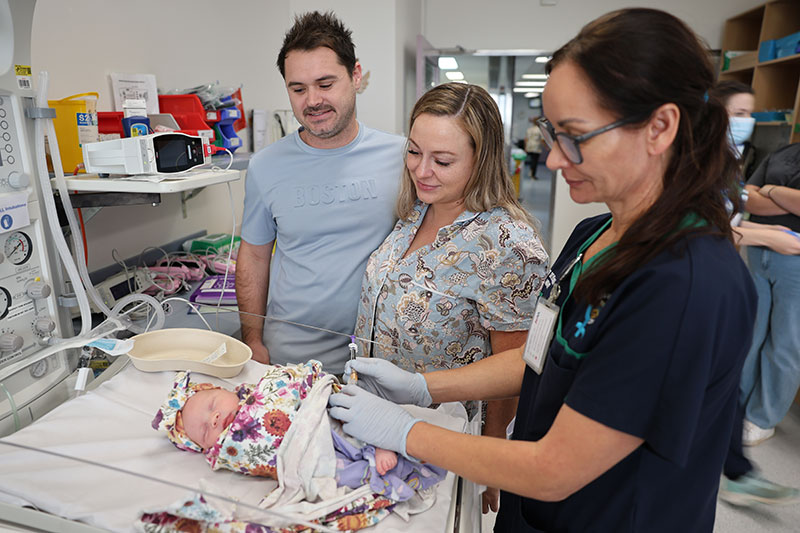Australians consider a wide range of government behaviours as corruption, including cronyism, political expenditure and hobbling or ignoring integrity watchdogs, finds new polling research from the Australia Institute.
People are most likely to think corruption is common among state and territory governments (69%), followed by local governments (68%) and the federal government (66%).
On Monday night, The Hon Robert Redlich referred to the polling research in his Seabrook Chambers Public Lecture on ‘The changing form of the Executive branch of Government and declining accountability’.
Key Results
The Australia Institute surveyed a sample of 1,535 Australians about their perceptions of the prevalence of corruption at different levels of government.
- Four in five (81%) consider it corrupt conduct to allocate public money to projects in marginal seats in order to win votes.
- 86% consider it corrupt conduct to appoint a friend or colleague to a public role over others who are more qualified.
- More than four in five (83%) think it is corrupt conduct to sign a contract with an overseas company after being alerted to a risk that some of that money may go to corrupt officials.
- More than four in five (83%) think it is corrupt conduct for a senior public servant to mislead Cabinet or the Parliament.
- One Nation voters are the most likely to believe corruption is common federally (85%), followed by independent/other (72%), Greens (69%), Labor (64%) and Coalition (63%) voters.
“The Australia Institute’s polling research shows that that the public considers pork barrelling a serious breach of faith that is a form of corruption, in line with the NSW ICAC’s finding that particular circumstances of pork barrelling can constitute corruption,” said The Hon Robert Redlich AM KC, former commissioner of the Victorian Independent Broad-based Anti-corruption Commission.
“Public officials are subject to much broader standards than those that inform the criminal law. Grey corruption has precisely the same deleterious effects on the public good as a crime but is far more prevalent.”
“All branches of the executive are too disposed to satisfy the political objectives of the government of the day at the expense of public interest. The risk is presently high that the exercise of power can be undertaken for that improper purpose without the fear of accountability.”
“When a majority of Australians perceive corruption as commonplace across all levels of government, it has implications for trust in Australian democracy,” said Bill Browne, Director of the Australia Institute’s Democracy & Accountability Program.
“Australians adopt a definition of corruption that goes beyond criminal conduct, including giving jobs to mates, pork barrelling, constraining integrity bodies and using appointment powers to remove political rivals,” said Mr Browne.
“The public service is under scrutiny too, with four in five Australians considering it corrupt conduct if a senior public servant misleads Cabinet or the Parliament.”








